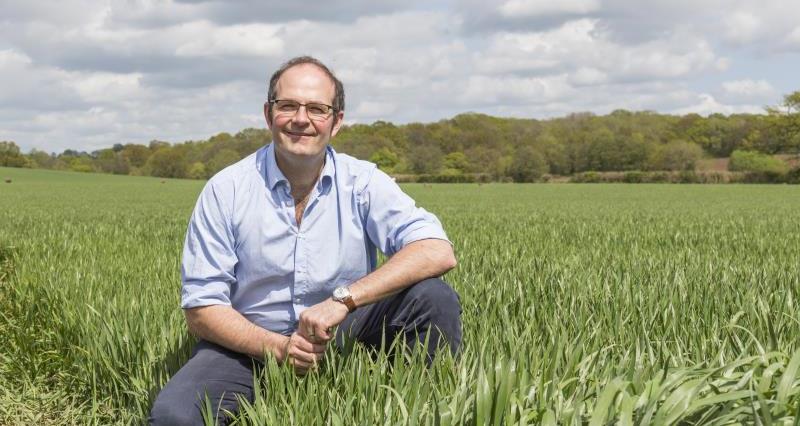I think it’s fair to say that this harvest could not have been anymore different to that of last year. In 2018 we had one of the driest summers on record following on from the terrible spring, rocketing prices caused by the pan-European drought and disastrously low yields, fantastic quality milling wheat but disastrous quality and yielding spring barley. With the quality of last year’s barley crop it felt like if it was called malting barley then it would do the job and the maltsters would happily take it. Last years harvest was far from vintage in anyway but the weather had made harvest easy and, dare I say it, enjoyable!
Fast forward to the 2019 harvest and in general we have had high yielding crops, with some on our farm breaking records. Wheats have been good but with that has come dilution of protein. Spring malting barley has exceeded all expectations but something which would have been classed as vintage last year seems barely acceptable this year and we have had a rejection for something I have never heard of before – book lice. Apparently in itself this is not a rejectable bug but is at the discretion of the store keeper. I’m not insinuating in anyway that this was contrived, but I did feel completely powerless when in this position. Coupled with this, many across the country have seen one of the wettest harvests in a decade. This creates a huge amount of stress and worry because of not knowing whether you will be able to harvest the crop that you have spent 12 months and a vast amount of capital growing.
The knock-on of the large UK and EU harvest is that we have seen prices falling dramatically and for many they are now well below the cost of production. It looks highly likely that the UK will be net wheat exporters for the first time in a few years and this means that our values have to drop to be export competitive rather than at import parity. This reduces our price by around £10/t and that’s even before we have any sort of tariffs.
We then look at everything else that is happening:
- Exchange rates being driven by the Brexit crisis which at least in the short-term have slightly helped mitigate some of the down turn in prices
- Immediate export pressure created by the need to execute as much trade as possible before we face the potential of a cliff-edge at the end of October
- The USA/China trade war which is having a huge impact on global trade and particularly US corn and soybean values, which are one of the key drivers of global prices.
At what is already a very uncertain time for UK growers, we also face the possibility of having a lifeline in the form of the Basic Payment removed. I was recently interviewed on the BBC and asked what the Common Agricultural Policy delivered for my farm. For me this was an easy question to answer – the support payment helps mitigate the risk of the unknowns, from extreme weather events to global influences outside our control. It is essential that government continues to prioritise and support a safe, secure supply of home-produced food so that I and my fellow farmers are able to invest in the future with an element of certainty, in what is currently an incredibly volatile and worrying time.
